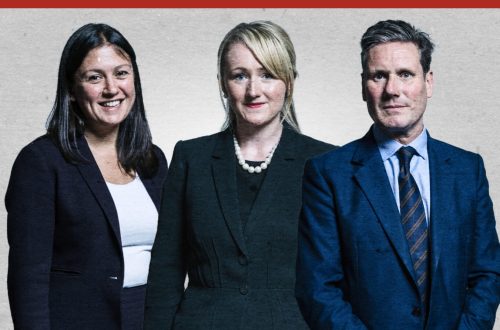Calls for political reform are certainly very much in vogue at the moment. Last week I made the point that the current ‘expenses scandal’ is revolting but it is not a constitutional scandal. Let’s face it, corruption is a human vice. It is not something that emerges out of a mechanical process. No matter what ‘system; we put in place, there will always be those who take the piss with other peoples’ money, time or effort.
Those who think that altering the UK’s constitution will be the panacea for all the current ills and woes will be very disappointed.
Nevertheless, since talk of reform is on the cards, I suppose it is at least sensible to look at options. Some level of reform is needed quite independently of current events.
As I said in my previous post on the subject, I’m no longer a fan of Proportional Representation because it so often breaks the links between the member of parliament and a constituency. It also frequently makes ambitious politicians kiss party arse more than showing concern for the electorate.
What’s more, I’ve run my position up the pole: Leave the commons as it is (with directly elected constituency-based MPs), but reform the Lords to be filled on a proportional basis. I doubt anyone will salute the idea, but there it is.
Peter Tatchell has a different idea. Being the member of a small party, of course, Peter is quite partial to the idea of PropRep. That is not to say it is a bad thing, particularly if the deficiencies of “Party Lists” and direct representation can be overcome. Peter has an idea:
The rot has got to stop. We need a House of Commons that reflects the people’s will; where the proportion of seats won corresponds to the proportion of votes cast. In other words, a fair voting system, to ensure that every vote counts, that the government has majority support, and that parliament represents the full spectrum of voter opinion. There are two similar frontrunner proportional systems. The first is the one recommended by the Jenkins Report. Known as Alternative Vote Plus, it involves electors voting for a constituency MP by numbering each candidate in order of preference. Voters then have another ‘plus’ vote for candidates from a party list, to elect “top-up” MPs to help correct any imbalance between votes cast for a party and seats won in the constituency section of the ballot.
The second proportional system is a variation on the first. It is the electoral method now used for the Scottish, Welsh and London elections – the additional member system. Using first-past-the-post, electors vote for both a constituency MP and for a party. This combines the accountability of single member constituencies with additional MPs based on the total vote received by each party; thereby ensuring broad proportionality between the number of votes cast for a party and the number of seats it secures. It works well in Scotland, Wales and London, why not at Westminster?
Why not indeed? Read the rest of Peter’s argument over at CiF (try to ignore the colourful rhetoric about the “corrupt” first past the post system).
To be honest, I’m not entirely persuaded, but I’m glad that someone is at least recognising the deficiencies of some PR systems and proposing workable alternatives.
This sort of reform won’t stop crooks and charlatans (who knows, it might even let more in) so let’s leave the issue of ‘expenses’ to one side. If this is a discussion worth having it is because we want to improve our democracy. That ought to be the only consideration.


